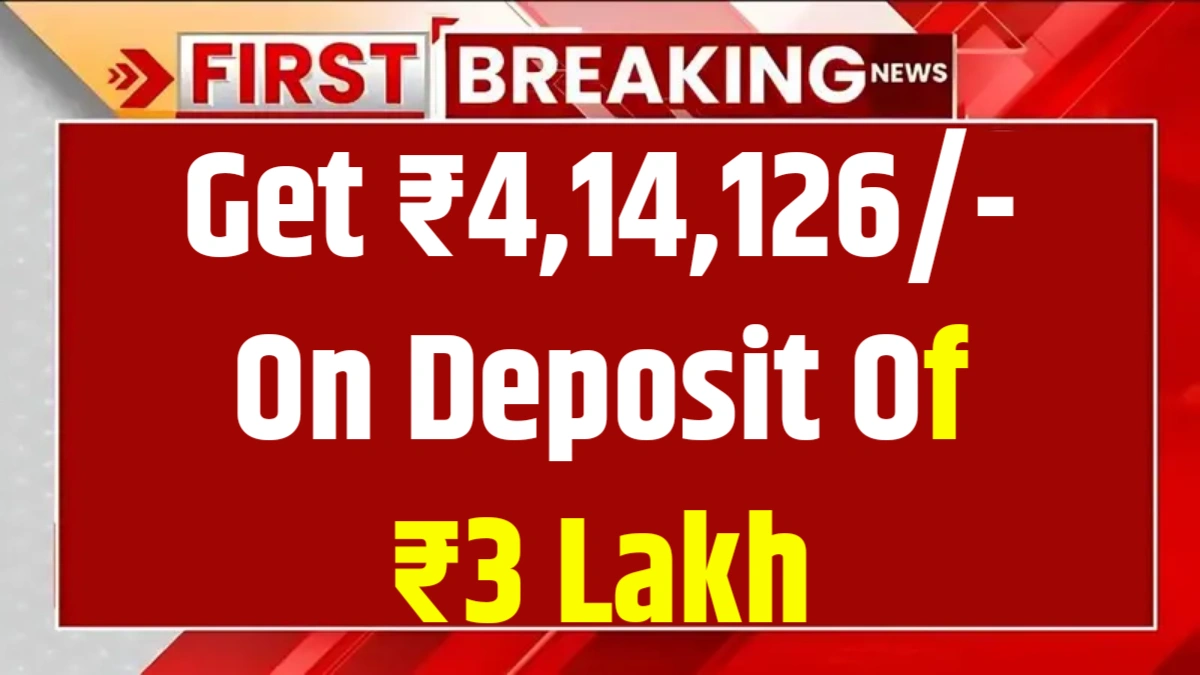Feeling the pinch of inflation? You’re not alone. With prices soaring, every extra rupee counts—especially for government employees and pensioners waiting for a financial lifeline. The good news? The 8th Pay Commission is on the horizon, promising a potential 34% salary hike that could lift your basic pay from ₹18,000 to ₹51,480.
But when will it kick in? Who benefits? And how much real relief can you expect? Let’s break it down—without the jargon.
What’s the 8th Pay Commission & Why Should You Care?
Every decade, the government reviews salaries to keep up with inflation and living costs. The 8th Pay Commission is that much-needed update, revising wages for central government employees and pensioners.
For you, this could mean higher basic pay, increased pensions for retirees, and better allowances like DA to combat inflation.
Will Your Salary Really Jump to ₹51,480?
Here’s how it works: The fitment factor, a multiplier for salary revision, could range between 1.83 to 2.46 this time. If applied, ₹18,000 (current basic) multiplied by 2.86 equals ₹51,480.
But there’s a catch: DA (Dearness Allowance) resets to zero when a new Pay Commission starts, so your initial take-home might not feel like a 34% bump right away. Over time, though, DA will climb again, cushioning your income against inflation.
When Will You See the Extra Cash?
Officially, the commission’s recommendations are expected by December 2025, with implementation likely from January 2026. However, delays could push this to 2027 due to bureaucratic hurdles or pending approvals.
Who Benefits the Most?
Lower-grade employees could see the highest percentage hikes to bridge wage gaps. Pensioners will also benefit, though they won’t get HRA or travel allowances like active employees. Defense personnel, both serving and retired, are included in this revision.
In real terms, a ₹30,000 basic salary could jump to ₹85,800 with a 2.86X fitment factor. Pensioners drawing ₹20,000 per month may see ₹6,800 more annually from Dearness Relief hikes.
FAQs: Your Top Questions Answered
- How is the 8th Pay Commission different?
It’s the first post-pandemic revision, factoring in higher inflation and economic strain. - Will private-sector salaries rise too?
Unlikely—this is for government employees only, though private firms may follow the trend. - What’s the fitment factor?
A multiplier used to calculate new basic pay, like 2.57 in the 7th Commission. - Why does DA reset to zero?
To create a fresh baseline for calculating future inflation-linked hikes. - How much will this cost the government?
A whopping ₹1.8 lakh crore annually, but it’s expected to boost consumer spending. - Can pensioners expect equal benefits?
Yes, but without HRA or travel perks, their net increase might be slightly lower.










